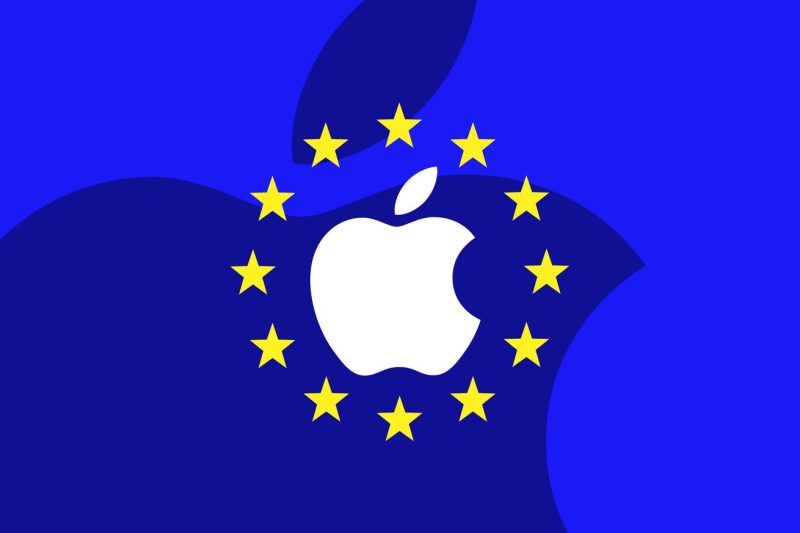
Breaking News: Apple Faces Historic Charges for Breaking EU’s DMA Rules
In a groundbreaking development that has sent shockwaves through the tech industry, Apple Inc. has become the first company to be officially charged with violating the European Union’s Digital Markets Act (DMA) rules. This move marks a significant milestone in the EU’s efforts to regulate the behavior of big tech companies and promote fair competition within the digital marketplace.
The DMA, which was adopted by the European Parliament in December 2020, seeks to address the growing concerns around the dominance of major tech platforms and their impact on competition, innovation, and consumer rights. Under the legislation, companies designated as gatekeepers are required to adhere to a strict set of rules aimed at leveling the playing field and preventing anti-competitive practices.
Apple’s alleged violation of the DMA stems from its App Store policies, which have come under scrutiny for their role in limiting competition and stifling innovation. The European Commission, the executive arm of the EU, has accused Apple of leveraging its dominant position to favor its own apps and services over those of competitors, thereby distorting competition and harming consumers.
The charges against Apple mark a pivotal moment in the ongoing debate over the power and influence of big tech companies. As one of the world’s most valuable companies, Apple’s actions are closely watched and scrutinized, making this case a litmus test for the effectiveness of the DMA in curbing anti-competitive behavior in the digital sphere.
The outcome of this case could have far-reaching implications not only for Apple but for the broader tech industry as a whole. If found guilty of violating the DMA, Apple could face significant fines and be forced to change its business practices to comply with the regulations. This could set a precedent for other tech giants and signal a new era of heightened regulatory oversight in the digital economy.
Apple has staunchly defended its App Store policies, arguing that they are necessary to ensure a secure and trustworthy platform for users. The company has also emphasized the role of the App Store in driving innovation and supporting developers, pointing to the millions of jobs and economic opportunities it has created.
Regardless of the outcome of this case, the charges against Apple underscore the growing scrutiny and regulatory challenges facing big tech companies around the world. As governments and regulators seek to rein in the power of tech giants and promote competition and innovation, companies like Apple will need to navigate a complex and rapidly evolving regulatory landscape to stay ahead of the curve.
